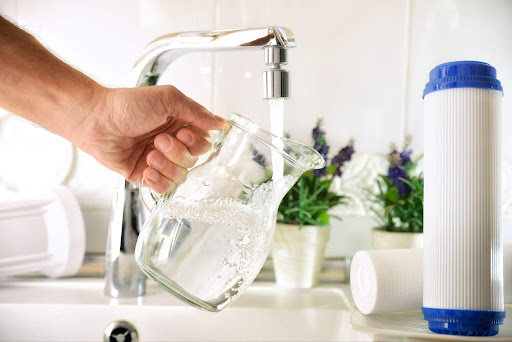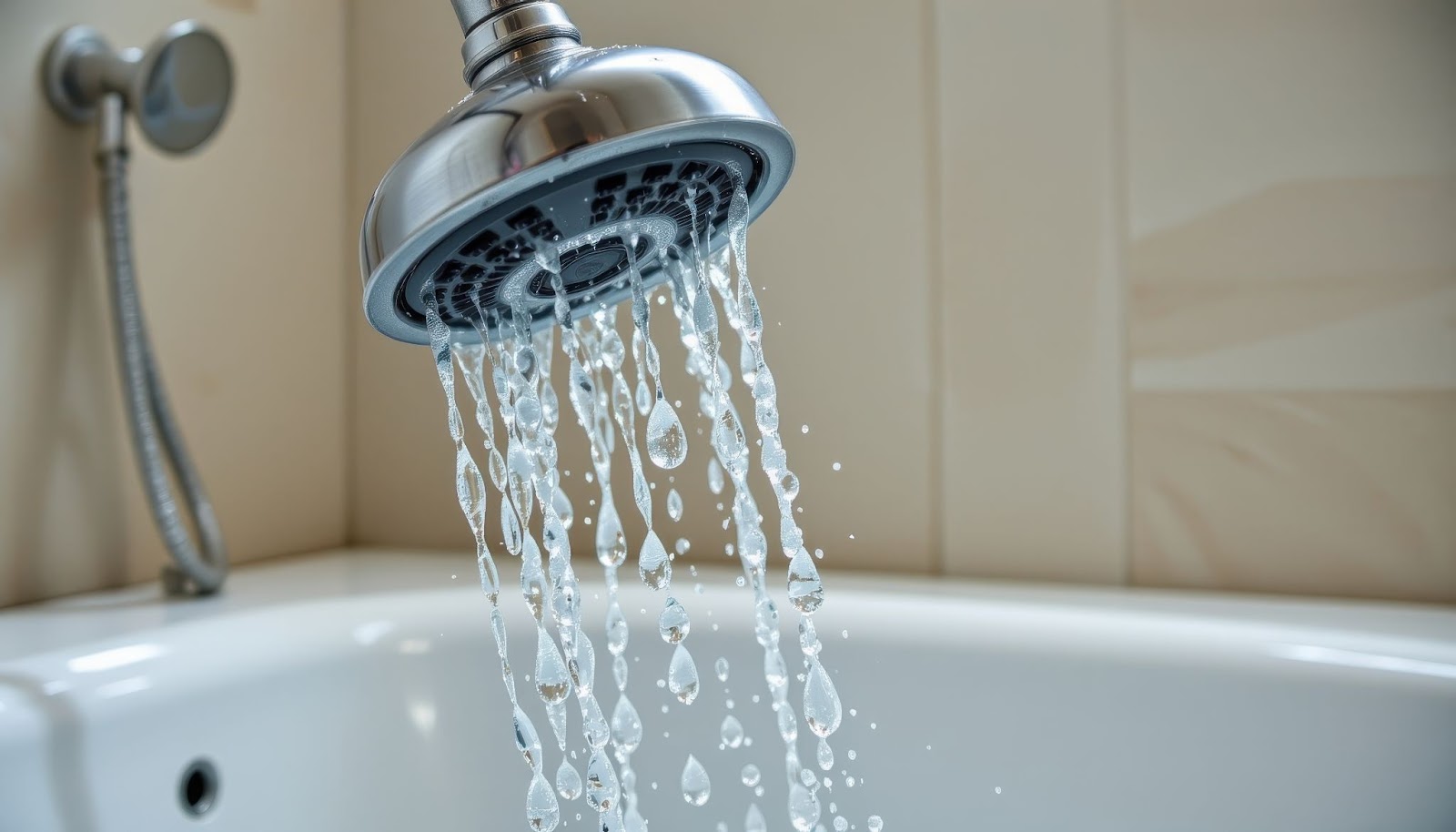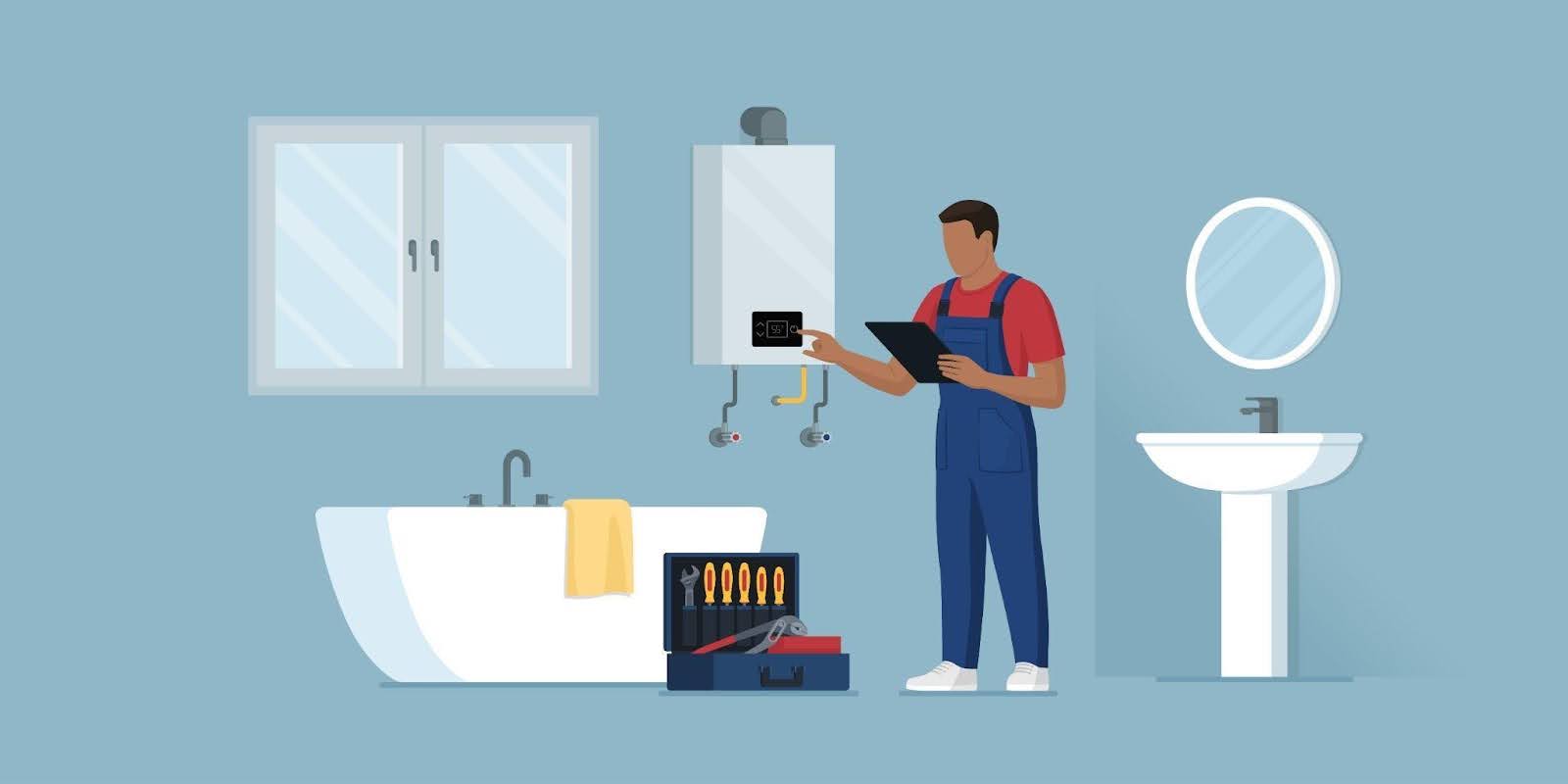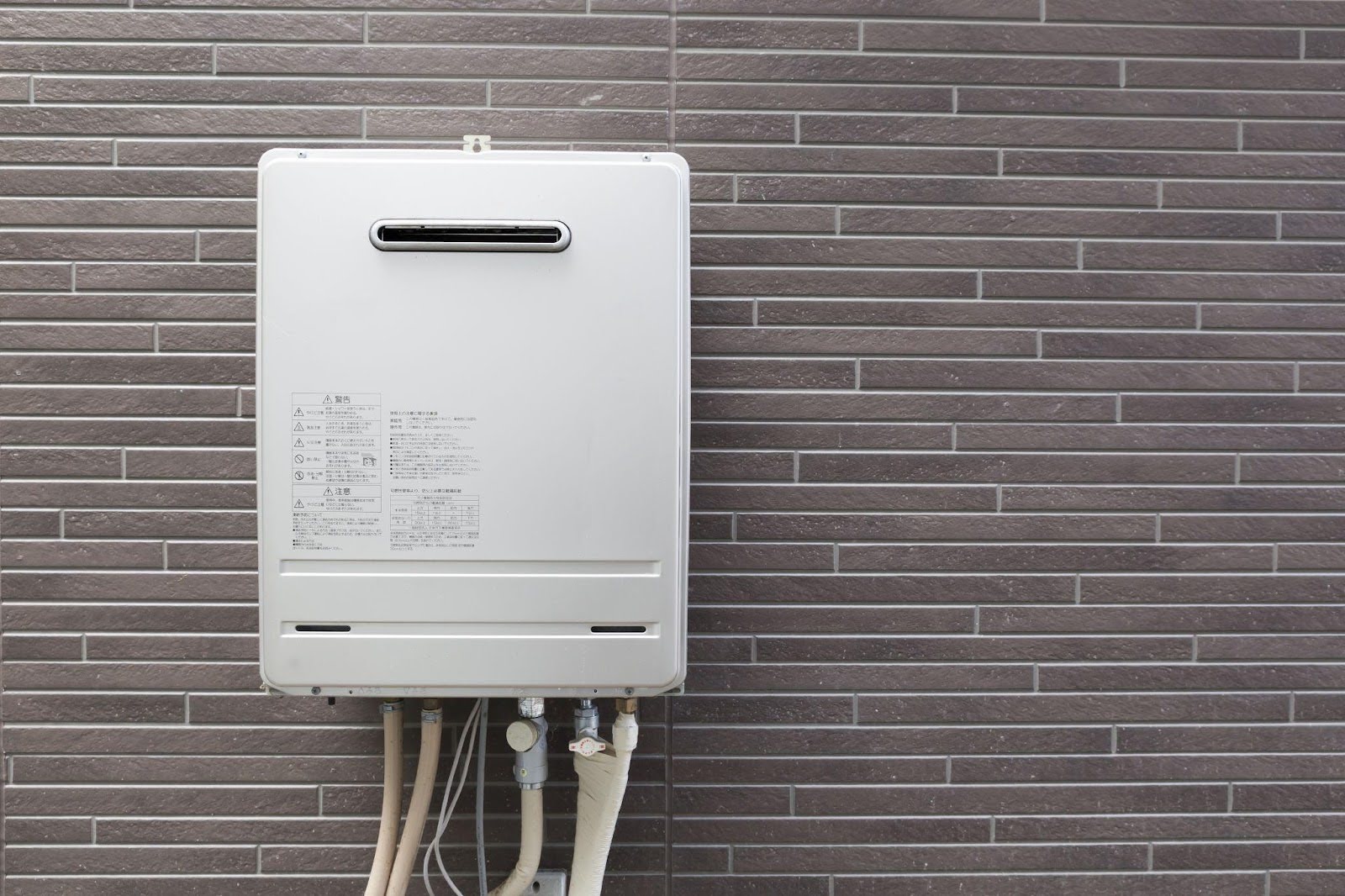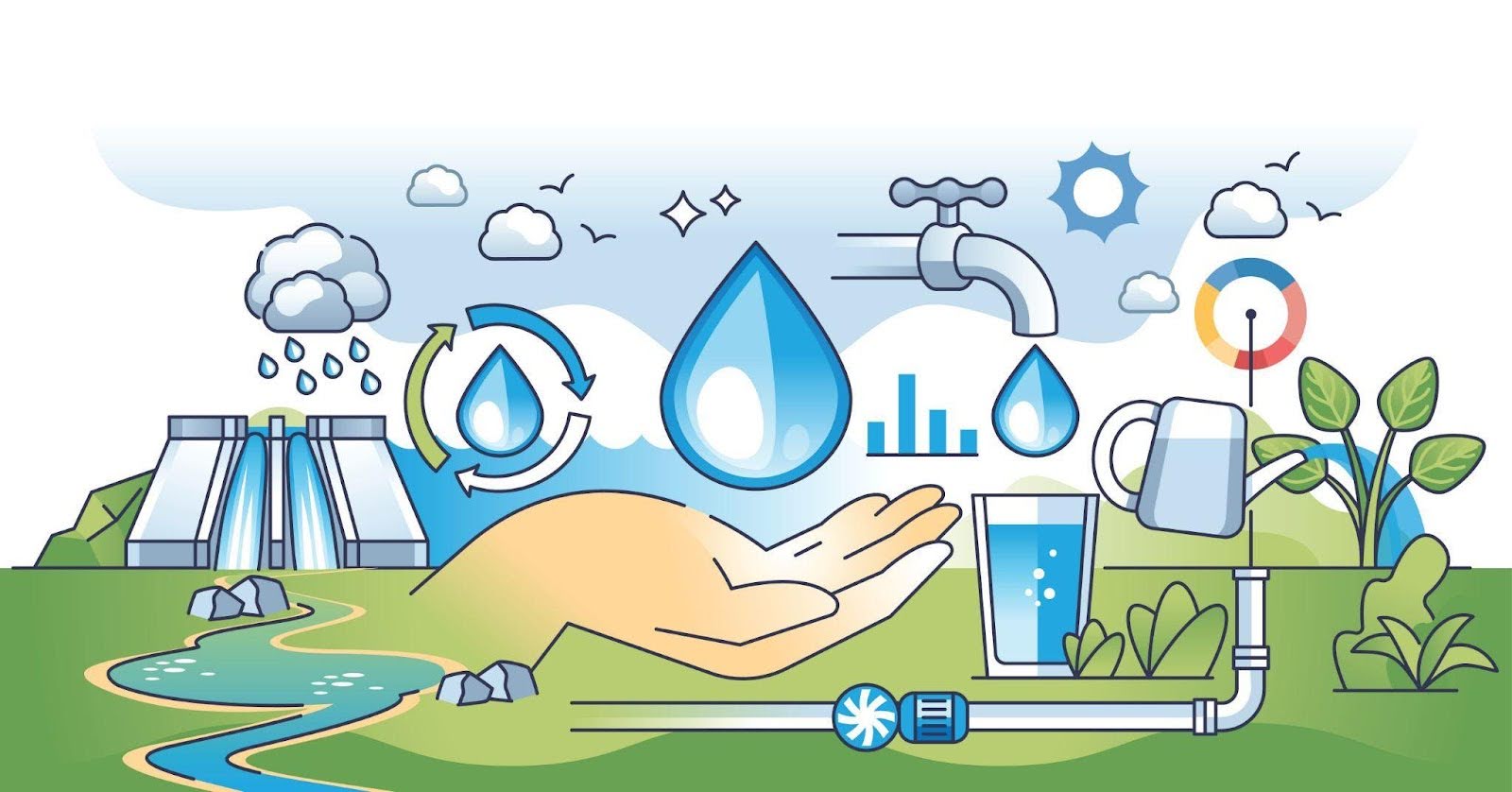A water treatment system can be a crucial tool for maintaining a healthy home. Whether you’re washing dishes, taking a shower, or brewing a cup of coffee, the quality of your water impacts the overall experience and, more importantly, the longevity of your plumbing system. One of the key factors that determine water quality is whether your water is hard or soft.
Hard water (water containing higher levels of calcium and magnesium), has the potential to lead to some issues, like scale buildup in pipes, appliances, and fixtures. On the other hand, soft water has lower concentrations of these minerals, making it less likely to cause such problems. However, the difference between hard and soft water goes beyond the buildup—it affects everything from the effectiveness of soaps and detergents to the taste of your drinking water.
In this guide, we’ll explore the differences between hard and soft water, how to test your water at home, and whether a water treatment system is necessary for your household. By understanding these elements, you’ll be better equipped to make informed choices about your home’s water quality and ensure it meets your needs.
What is hard water?
Hard water is water that contains higher concentrations of dissolved minerals such as calcium and magnesium. These minerals are present in the earth’s crust and are picked up by water as it flows through soil, rock, and underground aquifers. The more mineral-rich the water source, the harder the water tends to be.
The effects of hard water are most noticeable in daily household tasks. For example, when you use hard water for washing, it often leaves behind a residue or film on your skin, hair, and clothing.
This happens because the minerals in hard water react with soap, reducing its ability to lather and clean effectively. As a result, you may notice that your skin feels dry or that your hair appears dull after washing.
Additionally, clothes washed in hard water might feel rough and wear out faster due to the mineral deposits left behind in the fabric.
Hard water also has a significant impact on plumbing and appliances. Over time, the calcium and magnesium in hard water could build up inside pipes, water heaters, and other appliances, leading to scale deposits.
This buildup may reduce water flow, decrease the efficiency of your water heaters, and shorten the lifespan of your appliances. In severe cases, it may even cause blockages that require costly repairs.
What is soft water?
Reversely, soft water is water that contains a low concentration of dissolved minerals. Unlike hard water, soft water is free from the minerals that cause scale buildup and soap scum, making it more effective for cleaning and maintaining household items.
Soft water occurs naturally in some areas, especially in regions where water flows over softer, more porous rocks like limestone, which don’t contribute many minerals to the water.
However, most soft water is created through a water-softening process that removes these minerals.
One of the key benefits of soft water is its ability to easily form a lather with soap, making cleaning tasks more efficient. Whether you’re washing dishes, doing laundry, or taking a shower, soft water helps soap and detergents work more effectively, leaving no residue behind. This means your skin feels smoother, your hair looks shinier, and your clothes feel softer and cleaner after washing.
In addition to these daily benefits, soft water might also extend the life of your plumbing and appliances. Without the presence of hard minerals, soft water doesn’t cause scale buildup inside pipes, water heaters, or other appliances, which improves their efficiency and reduces the likelihood of breakdowns.
As a result, households with soft water typically experience fewer maintenance issues and lower energy bills, making it a preferred choice for many homeowners.
How to test your water
Testing your water is a straightforward process that helps you determine whether you have hard or soft water and if a water treatment system might be necessary.
The first step in testing your water is to check for signs of hard water in your home, such as mineral buildup on faucets, soap scum on shower walls, and spots on dishes. These are common indicators that your water contains a high concentration of calcium and magnesium.
For a more accurate assessment, you may want to use a water testing kit. These kits are readily available online or at local hardware stores and provide an easy way to measure the hardness of your water.
Most kits involve collecting a water sample and adding a reagent that will change color based on the hardness level. The results are then compared against a color chart to determine the concentration of minerals in your water.
If you prefer a more detailed analysis, you might consider sending a water sample to a professional laboratory. This method provides a comprehensive breakdown of your water’s mineral content and can also test for other potential contaminants.
Some residential water treatment companies offer this service as part of a consultation, making it a convenient option if you’re already considering a water softening system.
Testing your water is an essential step in understanding its quality and deciding whether you need a water treatment system. By knowing the exact mineral content of your water, you’ll be able to make an informed decision about the best way to address any issues.
Do you need a water treatment system?
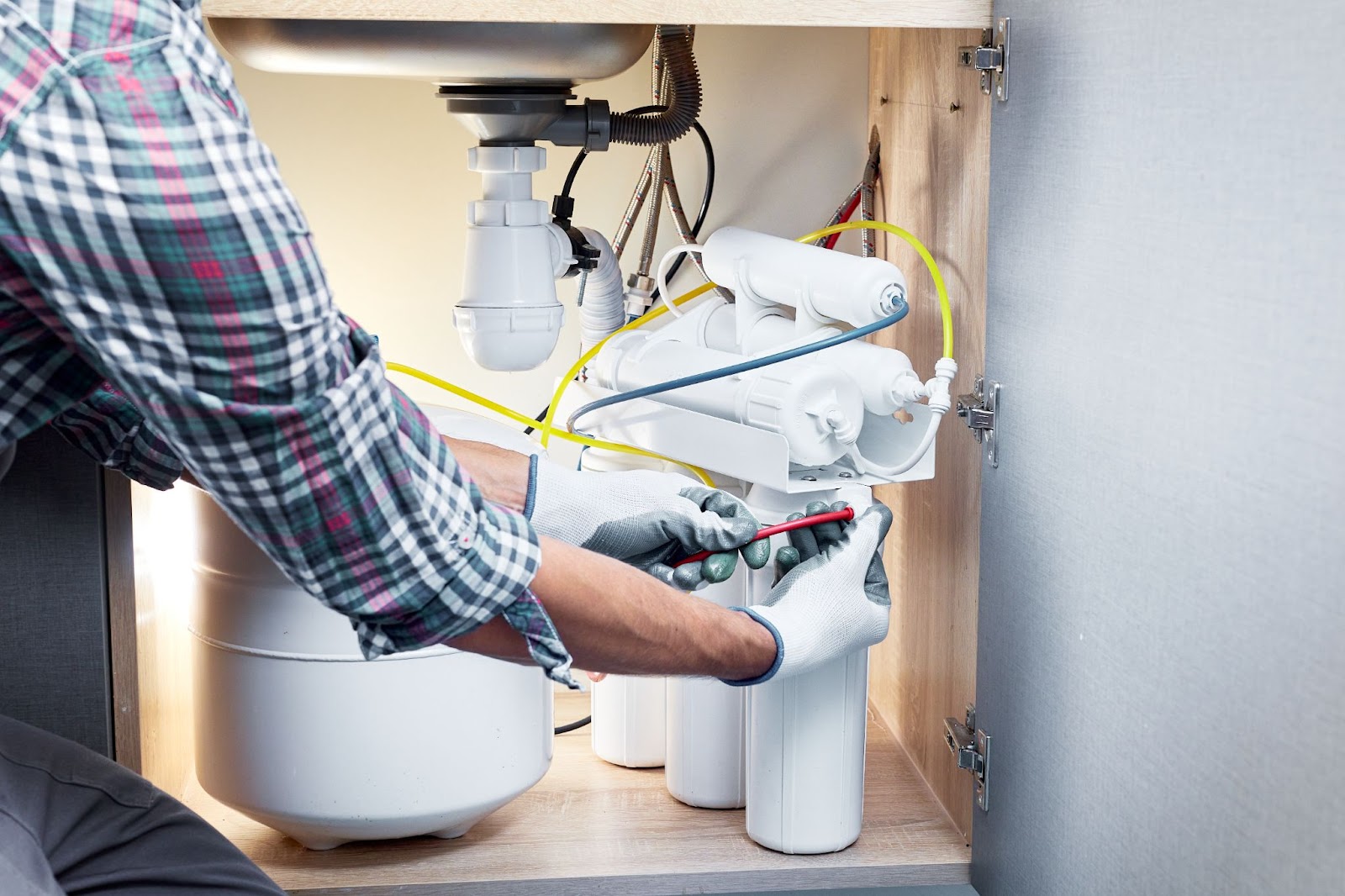
Deciding whether you need a water treatment system largely depends on the quality of your water and your specific household needs. If your water test results show high levels of hardness, it might be time to consider installing a water treatment system.
Hard water may cause a range of issues, from dry skin and dull hair to more significant problems like scale buildup in pipes and appliances, which may lead to costly repairs over time.
In addition to addressing hard water, a water treatment system could also help if your water test reveals the presence of other contaminants, such as iron, chlorine, or sediment. These impurities may affect the taste, smell, and overall quality of your water and may even pose health risks if left untreated.
It’s also important to consider the long-term benefits of installing a water treatment system. While the initial investment might seem like a lot, the savings on plumbing repairs, energy bills, and the extended lifespan of your appliances could make it a worthwhile investment.
Plus, with soft water, you’ll likely notice that soaps and detergents work more effectively, reducing the amount you need to use and saving money in the long run.
Ultimately, the decision to install a water treatment system should be based on a thorough understanding of your water’s quality and the specific needs of your household. If you’re unsure, consulting with a residential water treatment professional will provide valuable insights and help you make an informed choice.
Have a professional come look at your home
If you’re unsure about the quality of your water or whether you need a water treatment system, it’s a good idea to have a professional come and evaluate your home. Water quality varies greatly depending on your location, and a professional can provide a thorough analysis of your water, identify any specific issues, and recommend the best treatment options for your situation.
They’ll use specialized testing equipment to detect contaminants that might not be obvious through basic at-home testing, giving you a complete picture of your water’s condition.
Having a professional assessment can also save you time and money in the long run. Rather than guessing or trying multiple DIY solutions, a professional can quickly pinpoint the problem and suggest the most effective treatment. This ensures that you invest in the right system from the start, tailored to your home’s specific needs.
If you’re noticing signs of hard water or other water quality issues, scheduling a professional inspection is a smart step toward improving your home’s water system.
Let Salisbury Plumbing help you improve your water quality
At Salisbury Plumbing, we’re committed to helping you achieve the best possible water quality for your home. Our team of professionals understands the complexities of residential water treatment and is equipped to provide personalized solutions that address your specific needs.
Whether you’re dealing with hard water, contaminants, or other water quality issues, we’ll recommend and install a system that will ensure your water is clean, safe, and refreshing. Let us help you take the guesswork out of water treatment—reach out to Salisbury Plumbing today to start improving your home’s water quality.
toto slot toto slot slot thailand situs slot gacor toto togel toto slot slot online situs toto situs togel slot gacor hari ini

